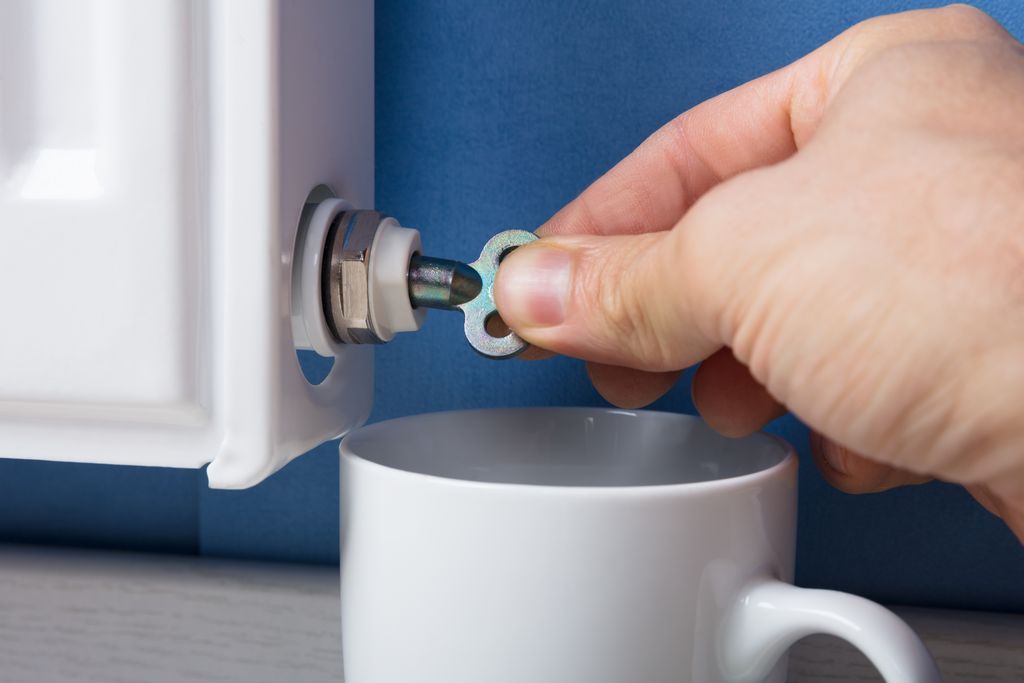How To Bleed A Radiator
Are your radiators not heating up properly? Or maybe you’ve started to hear loud banging or gurgling noises coming from your pipes? Chances are your radiators need bleeding. In this post, we’ll take you through the steps of how to bleed a radiator so you can get your heating system working optimally.

Why Do You Need to Bleed a Radiator?
When a radiator has air trapped inside it, warm water can’t circulate. As a result, your central heating system doesn’t work efficiently so your room won’t heat up properly. This trapped air can also cause loud banging, clanking and gurgling noises.
To release this trapped air and get your radiators working properly, you need to bleed them. This should be done at least once a year but should also be done as soon as you spot any problems.
Where to Start When Bleeding a Radiator
There are a couple of important steps to remember before you bleed a radiator:
1. Turn off your boiler
You don’t want hot water gushing from your pipes, so before you start, turn your boiler off.
2. Start at the bottom
Start on the ground floor with the radiator furthest from your boiler. Then work your way around all of the radiators downstairs getting closer to your boiler as you go. Once done, move upstairs and again, start with the one furthest from the boiler. If you have multiple floors, keep working your way up.
How to Bleed a Radiator
Grab a radiator key, towel, and container to catch any excess water. If you don’t already have a radiator key, most DIY stores sell them for around £2.
Insert the radiator key into the square bleed screw at the top and to the side of the radiator. Turn it slowly anti-clockwise to release the air and hold the container directly underneath the key to catch any excess water.
As soon as you hear a hissing sound or water begins to come out, stop turning. When the hissing stops and all you have is a small trickle of water, turn the key clockwise to close it.
Wipe down any splashes of water with your cloth and then move onto the next radiator and repeat.
Check Your Boiler Pressure
When you’ve done all the radiators in your home, turn your boiler back on. Now is a good time to check the pressure of your boiler too. You’ll find a gauge (usually underneath the boiler) which should be around 1.5 when the heating is not on.
If you have any issues with your boiler pressure, call a plumber to give you expert advice one what needs to be done.
Check Your Radiators are Heating Evenly
Once you’ve checked that the pressure is ok, turn your heating on to check your radiators are heating evenly. Go around and check each radiator to ensure the screws are tight enough and none are leaking.
If they are cold at the top and warm at the bottom, there may still be air in your system and you may need to bleed the radiators again.
Call an Expert
If you’ve bled your radiators but you’re still experiencing issues, give us a call. We’ll be able to come out to see what the problem is and get it fixed for you.
 Review Us!
Review Us!

